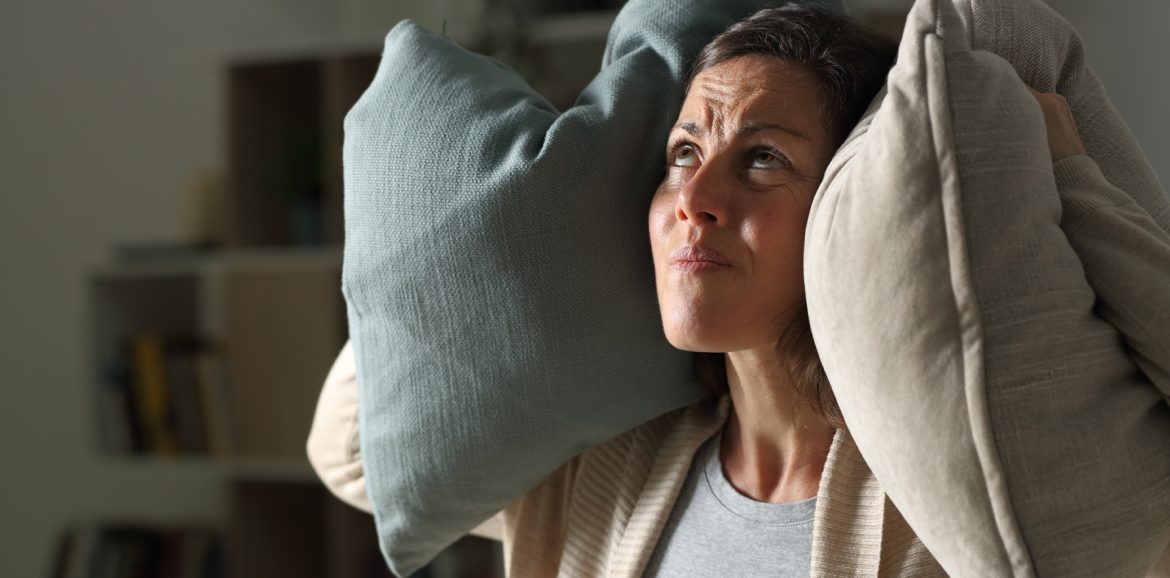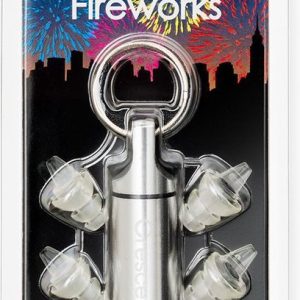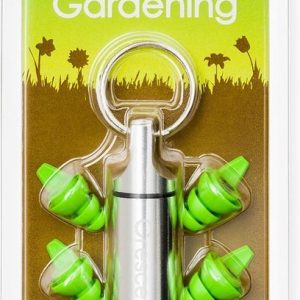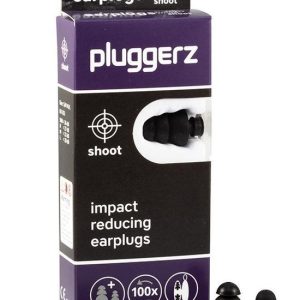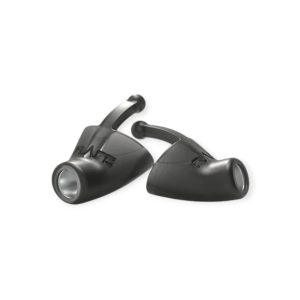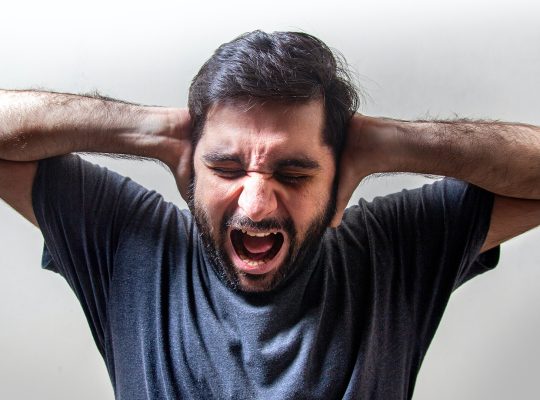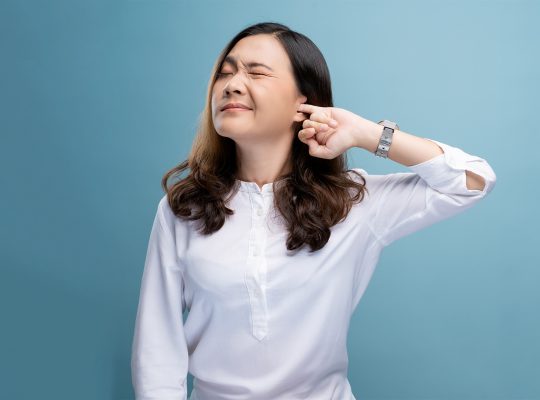Hypersensitivity to sound, with a medical term also known as hyperacusis, can have a huge impact on a person’s social life. These people experience sounds, even everyday and soft ones, as loud, irritating and sometimes painful. Think of even simple things like a running faucet or vacuuming. In this article, we will tell you about the causes, consequences and solutions for hyperacusis.
Causes of hyperacusis
There is no single direct cause for hyperacusis. However, several potential causes have been identified:
- Hearing damage from exposure to loud noises, for example, concerts or fireworks;
- A combination of negative feelings, such as stress, burnout, overwork, depression & anxiety;
- Certain diseases such as COVID;
- The result of trauma to the head, such as cerebral hemorrhage or whiplash;
- Side effect of certain medications;
Consequences of hyperacusis
The hypersensitivity to sound can be extremely intense for some people, accompanied by symptoms of pain, dizziness and nausea. As with tinnitus, it can lead to major limitations in functioning and sometimes even depression. People with hyperacusis often avoid sound stimuli and are more susceptible to falling into social isolation.
Preventing hypersensitivity to sound
As mentioned, there are several potential causes of hyperacusis, and not all of them are preventable. The most important thing is to prevent hearing damage from exposure to loud sounds, the cause of many hearing problems, at all times with hearing protection. This can be universal hearing protection, but custom hearing protection can also be available.
Remedy hypersensitivity to sound
Hyperacusis is usually treated with cognitive behavioral therapy and desensitization. Here, patients experience a sharp decrease in hypersensitivity and sometimes complete recovery. There are also devices on the market, such as Flare Audio’s Calmers, that make it easier to cope with the condition. These earplugs reduce disturbing frequencies without muffling the sound, ensuring that stress noises are minimized.
Do you have any questions?
Do you still have questions or need personal advice after reading this article? Feel free to contact us, we would love to help you find the perfect hearing solution. You can reach us via our contact form, [email protected] or on 075 20 25 203.

